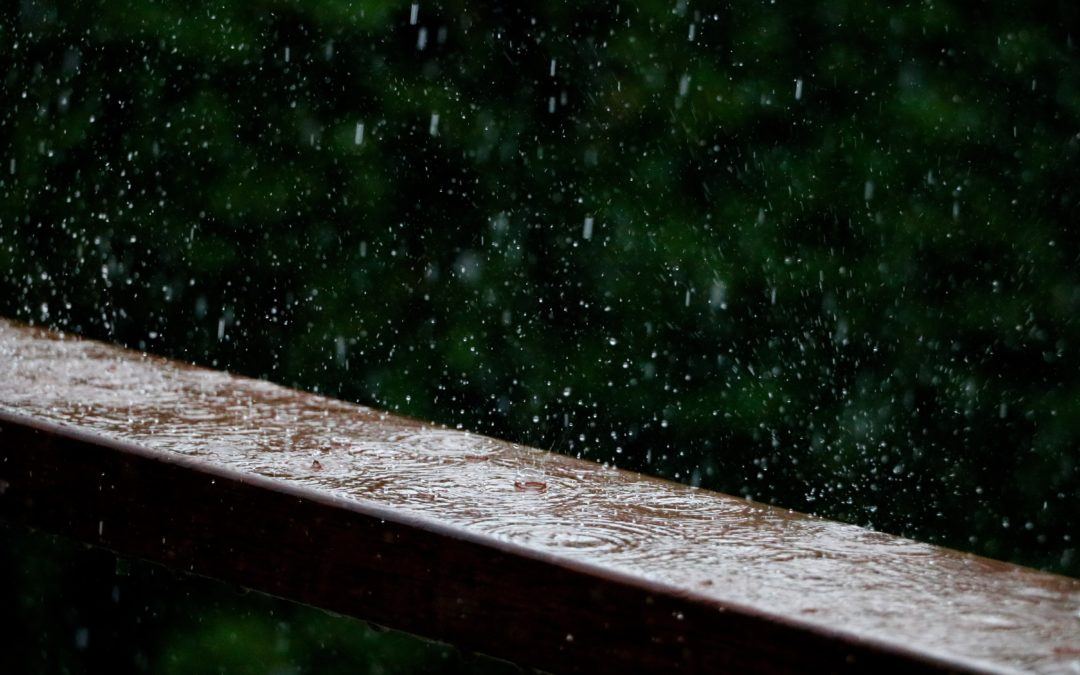Winter is fast approaching and we’ve listed some of the challenges that winter creates for persons living with dementia, as well as ideas which can be used to address these challenges.
Decreased amount of sunlight affects our bodies natural internal clock and circadian rhythms which then has an influence on mood, behaviour, sleep patterns and routines. This worsens sundowning for the person living dementia, this means that persons living with dementia will experience sundowning earlier during the day. They may get into bed earlier and experience a disruption in their normal daily routine.
Possible solutions: Turn lights on earlier during the day and leave them on later during the morning. Remove sun blocking blinds and let the person with dementia rise with the sun. Go outside for walks and exercise whenever possible. Encourage and maintain a structured routine, which includes a good sleep-wake cycle. You may need to find activities or tasks for the person do to in the afternoon to avoid them from going to bed too early.
Decreased available amounts of vitamin D from the sunlight results in an increased risk of experiencing seasonal affective disorder (SAD), the older population, especially those living with dementia and those living within the northern parts of the world have an increased risk in developing SAD.
Possible solutions: Open blinds, curtains and doors, and let the light in. Take persons with dementia to sit in the sun in the late afternoon, enjoy tea times outside on the veranda. Eat vitamin D rich foods such as orange juice, liver, milk, yoghurt, fish and eggs.
Persons living with dementia lose their ability to dress appropriately for the weather, this leads to an increased risk of getting ill. They may also feel cold and uncomfortable but may not be able to express this which could lead to the person living with dementia becoming frustrated and irritated.
Possible solutions: Do daily checks of all residents to see whether they are dressed appropriately for the weather. Rather dress the person with dementia in layers of lightweight warm clothing as this allows for movement.
Outside activity limitations may be experienced, at Livewell we see that gardening and outside sports are affected by the weather.
Possible solutions: Adapt activities so that they can still bring on the same feelings of enjoyment and fulfilment as they did previously, instead of gardening outside, read books about gardening or do projects around pot plants/hanging plants which can be used inside the home.
Increased aches and pains, the cold weather results in more joint pains, especially for elderly persons with arthritis.
Possible solutions: Warm showers in the morning may assist with pain and help the person feel more comfortable and this will also assist them to get moving.
Increased fall risks due to slippery surfaces caused by rain and colder weather.
Possible solutions: Persons with dementia experience visual perceptual challenges which can lead them not to see wet surfaces; this can lead to an increase in falls. During winter offer more assistance when going on an outing or walk. Ensure that the physical environment is safe, with grab rails, ensure that the person with dementia has got good quality non-slip shoes and encourage the person with dementia to take smaller strides.
Decreased activity levels.
- Ensure daily exercises are encouraged, find some suggestions below:
- Morning walks straight after breakfast, this will assist the person with dementia to maintain their level of mobility and increase their awareness after eating.
- Daily exercises while seated, this can be done with beach balls, balloons or big gym balls.
- Following instructions exercises, such as touch your nose with your left hand or bend your right big toe.
- Seated exercises for persons with decreased levels of mobility
- Having animals to walk such as dogs or feeding other outside animals such as chickens.
